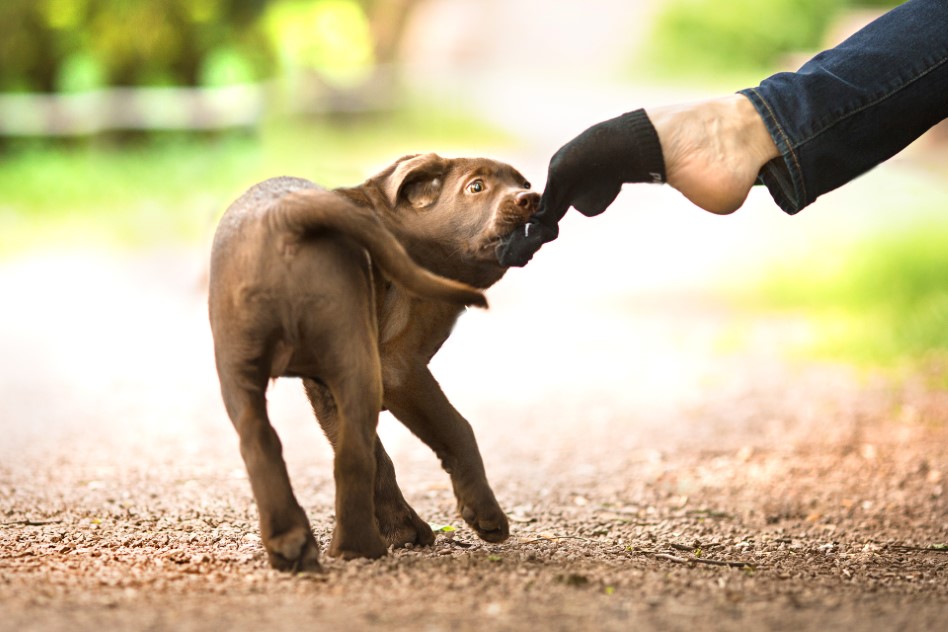Dementia assistance dogs help those suffering from dementia and their relatives to cope with day-to-day life. They can also improve security and reduce the worries of the relative. They directly help both the sufferer of dementia and their relative.
Dementia assistance dogs help those affected by dementia who live at home with a relative. Often a dementia assistance dog makes caring for the dementia sufferer at home possible, meaning that they can continue to live in their own home. Families who already have a dementia assistance dog report that the atmosphere in the family and contact with the dementia sufferer has improved due to the presence of an assistance dog.
The training of dementia assistance dogs began a few years ago in Israel, and recently came to Europe via the UK.
Dementia assistance dogs are trained as owner trained dogs with the help of an assistance dog trainer and fully trained. Fully trained dogs are mostly offered early on, when the client has only recently been diagnosed.
- Tasks of a dementia assistance dog
The tasks of a dementia assistance dog are determined on an individual basis according to the needs of the dementia sufferer. If the dementia sufferer is not allowed to leave the home unattended, a dementia assistance dog can learn to immediately warn the relative when they do, either by sounding a bell, pressing an emergency button or barking.
The dog can also help the relative around the house, by helping with housework, tidying away rubbish and picking up and fetching objects.
A dementia assistance dog provides the dementia sufferer with closeness and warmth, and creates routine by its presence, and by regular walks. The dog also helps by cheering up the dementia sufferer, and encouraging them to get up and go for a walk. Through consistent, calming behavior, the dog provides the dementia sufferer with security and calm in confusing moments.
- Preconditions for having a dementia assistance dog
- The dementia sufferer should live at home with one or more relatives, not in an inpatient facility.
- All parties like dogs, and want an assistance dog who will reduces the effects of the illness.









